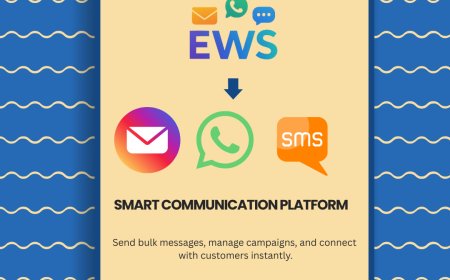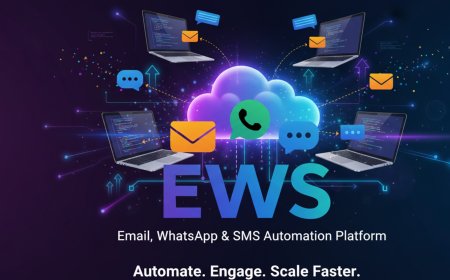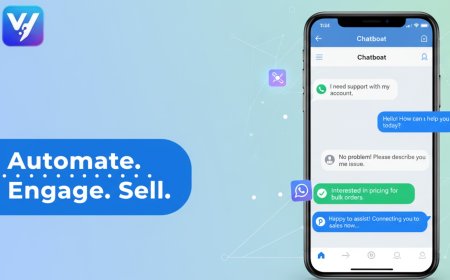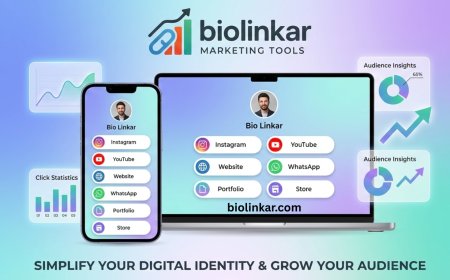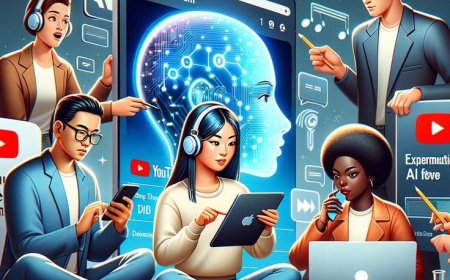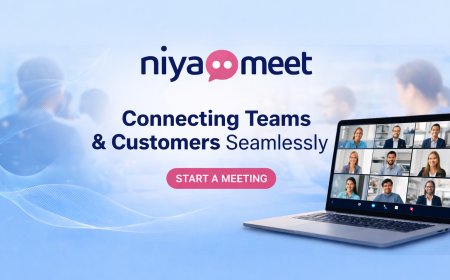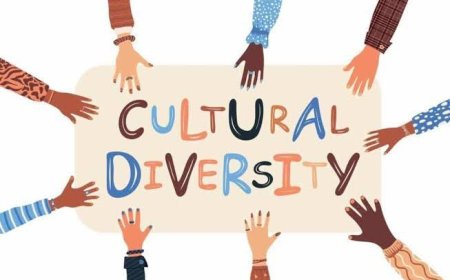Why Languages are More Important than Ever in 2026, and What You Can Do to Upskill
In 2026, language skills will become critical for global careers. Learn why multilingual talent is in demand and discover practical ways to upskill with the right programs and courses.

Communication and interaction with the entire planet are so easy and fast that a person might think the use of video conferencing and instant messaging as the main reason for the occurrence of these benefits. A person could even perhaps think to say, "Why do I need to learn a foreign language at all, when I have Google Translate available?"
This is truly an excellent question! No matter how powerful the AI translators and corresponding tools are, a strong human connection cannot be replaced by them. As a matter of fact, in 2026, being multilingual is your biggest asset in the business world and also one of the very few ways to get truly global understanding.
Speaking a new language is the greatest upskill—your ability to communicate is transformed as well as your way of thinking! Here are the reasons why languages are of utmost importance right now and you can also discover your way to learning a language.

The World’s Top Asset: The Necessity of Languages in 2026
The global economy is interlinked and technology is the major player in that linkage. However, at the same time, technological advancement has made human connection—the type that only a language can provide—more precious.
1. AI Makes Human Empathy a Premium Skill
Yes, AI can translate words quickly. But AI cannot translate culture, context, humor, or intention.
The Gap
When you’re dealing with a business partner in Tokyo or a customer in Berlin, you need to understand why they are saying something. Is their silence respect? Is their question a subtle critique? Only by knowing the language can you truly practice empathy and build lasting trust. This human touch is becoming the most valuable skill that complements AI.
2. The Career Multiplier Effect
A second language doesn't just look good on a resume; it turns you into a highly desirable candidate.
Real-Life Example
A software engineer who speaks fluent Spanish opens up entire markets in Latin America. A marketing professional fluent in Mandarin is able to handle campaigns directed at more than a billion people. Just knowing two languages increases your market worth and possibility of getting the promotions within the company or getting the assignments abroad. It is the ultimate form of employee upskilling.
3. Cognitive Edge in a Digital World
Learning a language trains your brain to handle complexity and switch between tasks efficiently.
The Science
There is evidence that the ability to speak two languages brings along with it better cognitive skills in terms of attention, problem-solving, and multitasking over that of a monolingual. The enhancement of concentration, which is the greatest benefit of learning a new language, easily opens up a large door for anyone in a noisy, rapid-fire digital world.
The Digital Imperative: Language in the Tech Era
The language of the internet might be English, but the future of the internet is deeply local.
1. The Need for Localized Content
The next billion internet users are coming online in markets where English is not the primary language (e.g., India, Southeast Asia, Africa).
The Business Need
Giant new audiences will necessitate the localization of company websites, apps, and marketing materials. This is a job for the professionals—translators, copywriters, and marketers—who not only know the target language but also its culture and nuances very well. This is a huge job market for those who have invested in upskill courses in foreign languages.
2. Digital Upskilling and Global Teams
Most major companies now operate with teams scattered across three or four continents.
The Communication
To manage these global teams effectively, managers and collaborators must understand basic greetings and cultural norms in multiple languages. Investing in language training is a vital part of digital upskilling for modern leadership roles. It ensures clear, respectful communication across diverse platforms.

What You Can Do to Upskill
Starting is always an option regardless of the situation! The most impressive part is that tech has turned learning a language into a way easier, more entertaining, and less costly activity than ever before.
1. Make a Wise Choice on Your Language
It would be a mistake to simply go for the one that is easiest. Investigate the languages that are going to be the most important for your professional development or the future markets of your company. Mandarin and Spanish are huge for global trade. For European business, German or French are essential. For rapid growth markets, consider Hindi or Portuguese.
2. Embrace Short, Regular Upskill Courses
Forget the concept of going to a traditional classroom and staying for hours once a week. Cutting-edge upskill courses and applications (e.g. Duolingo, Babbel, or Memrise) play the role of giving quick (10-15 minutes) daily lessons that can be merged into your commuting or lunch break with no hardship. Consistency rather than speed wins always!
Try to get the upskilling programs provided by the language institutes (e.g., Alliance Française or Goethe-Institut) that have recently been offering superb online certified courses.
3. Change Your Consumption Habits
Start small. Change the language settings on your phone to your target language. Watch movies with subtitles in the language you are learning. Listen to music or simple news broadcasts in that language. This method, called immersion, is key to building vocabulary and understanding context.
4. Find a Practice Partner
Language is communication, not just grammar! Use online exchange platforms (like Tandem or HelloTalk) to find a native speaker who wants to learn your language in exchange for teaching you theirs. This is often the most enjoyable and fastest way to upskill your speaking ability.
The Future is Multilingual
Investing in a new language is perhaps the most powerful and sustainable form of employee upskilling you can undertake today. It not only boosts your resume but fundamentally changes the way you interact with the world.
As AI handles more technical tasks, the human skills of negotiation, cultural sensitivity, and deep communication—all rooted in language mastery—will command the highest value in 2026. Don't wait; start learning today and unlock your global potential!
What's Your Reaction?
 Like
0
Like
0
 Dislike
0
Dislike
0
 Love
0
Love
0
 Funny
0
Funny
0
 Angry
0
Angry
0
 Sad
0
Sad
0
 Wow
0
Wow
0





